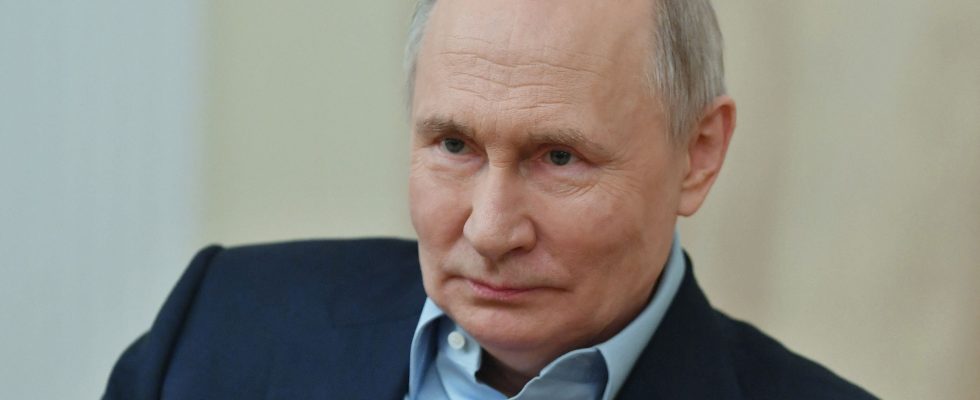Never has a year been so political or so crucial for Western democracies. In 2024, for the first time and in a high-risk geopolitical environment, half of the planet’s population will go to the polls or face the consequences of elections held in their country: 4.2 billion people spread across more than 70 states, including India, Indonesia, the United States, the European Union, the United Kingdom, Taiwan, Russia.
The American election of November 5, 2024 alone constitutes the tipping point in the progress of the world. The Russian Vladimir Putin, the Israeli Benjamin Netanyahu and the “illiberal democrats” in Europe await Donald Trump as the Messiah. On the return to power or not of the isolationist ex-president, to whom polls currently give a slight lead over his successor and opponent Joe Biden, depends both on the outcome of the wars between Russia and Ukraine and between Israel and Hamas, future alliances between great powers, the global balance of power between populism and democracies and… the capacity of the European Union, like the countries that make it up, to ensure its security and defense.
Europe left to its own devices
In January 2020, in Davos, Donald Trump clearly told Ursula von der Leyen what he had mentioned on several occasions: “You must understand that if Europe is attacked, we will never come to help or support you. D “Besides, NATO is dead. We will leave NATO.” Thierry Breton, who was present and who reported the anecdote to the Politico site, took the warning message literally, with good reason: “Today more than ever, we know that we are left to our own devices.” The European Commissioner has just announced a new European defense industrial strategy which will be discussed at the European Council on February 1. A fund of around 100 billion euros would help stimulate the production of arms and munitions on the continent, while encouraging collaboration between member states, businesses and other stakeholders. Given the capacity of the current EU budget, leaders want to expand the role of the European Investment Bank to European security and defense.
It’s urgent. Europeans do not sufficiently appreciate the extent of the consequences that a Russian victory over Ukraine would have on themselves. A migratory crisis caused by the flight of millions of Ukrainians to Europe, wars and guerrillas on our doorstep led by a Ukrainian army in exile as much as by neighboring countries – Poland is rightly strengthening its military arsenal -, with the Orban’s Hungary as a rear base for Russia, and a quarter of world wheat exports under the control of a Putin whose history has shown that territorial conquests stimulate him instead of satiating him. And we move on.
Scandalous waste
Europe must federalize its defense and become more autonomous, starting by compensating for the drop in American aid to Ukraine. It is not a question of means, but of will. Simon Kuper, Financial Times, did the math: according to the Kiel Institute, the United States spent 71.4 billion euros in the first twenty-one months of the war, or 40.8 billion per year – which would be 70 euros per European citizen of NATO in one year. Yes, 70 euros.
As MEP Guy Verhofstadt points out in the British podcast The Rest is Politics, the European defense budget is a scandalous waste. Europeans spend a total of between 232 and 240 billion euros on their defense (nearly 300 billion including the United Kingdom). “The EU spends as much as the Chinese, and four times more than the Russians, on defense, but it is not even capable of defending itself!” he says.
If Trump returns and the United States decides to leave NATO or revise it downwards, there will no longer be security in Europe – even though it already devotes billions to it. If Europe does not establish itself as a power capable of doing without the American umbrella and standing up to Russia and China, if it does not give itself the means to remain an open democracy on its own conditions, it will be devoured by autocracies. And with it the nations that compose it. The American election is less than ten months away.
.
